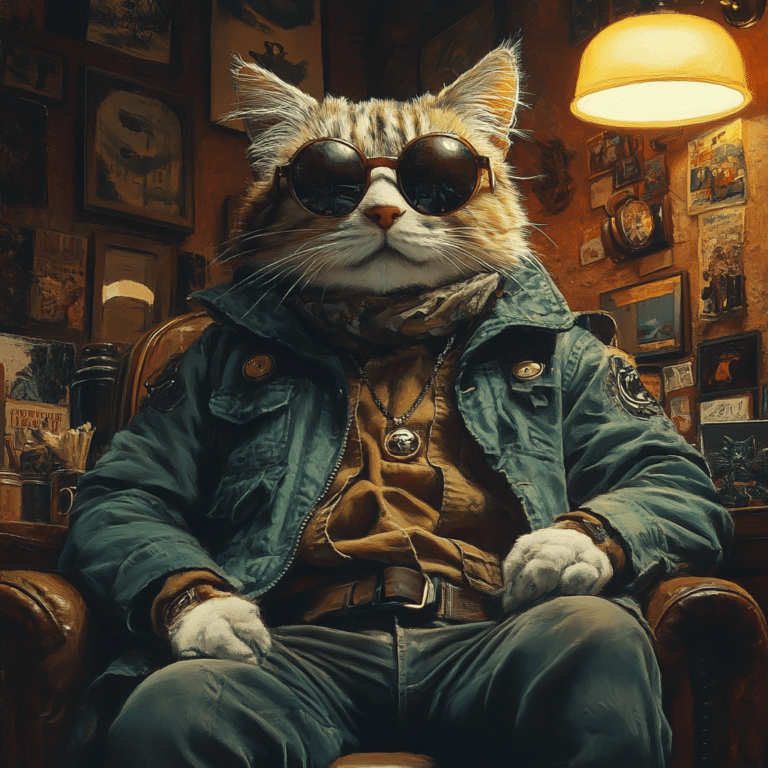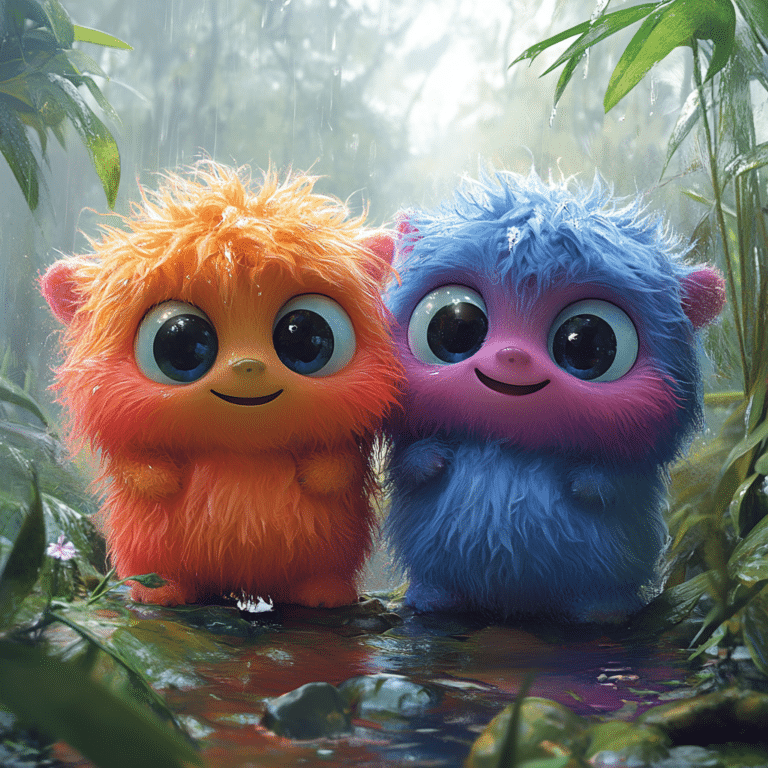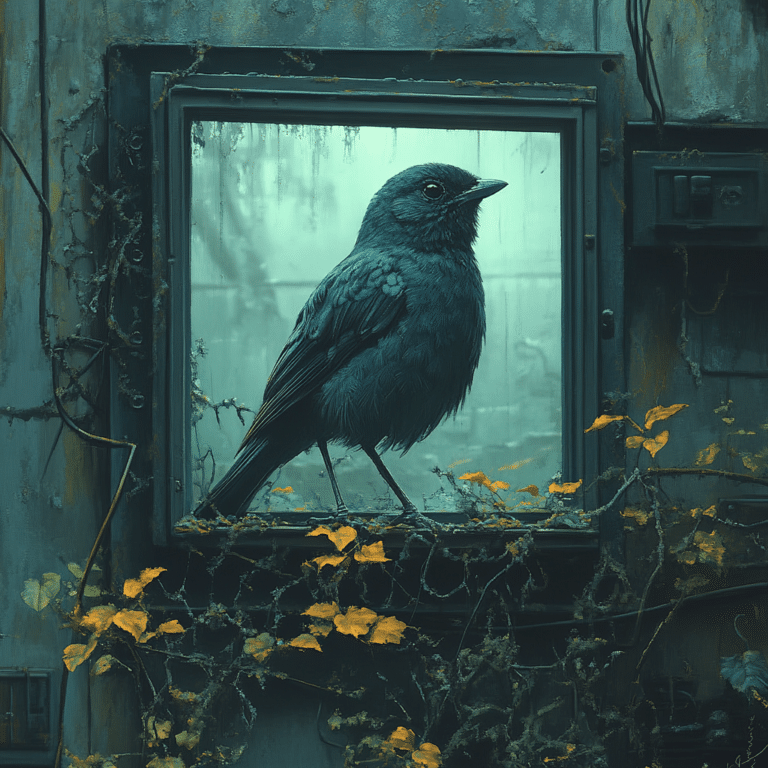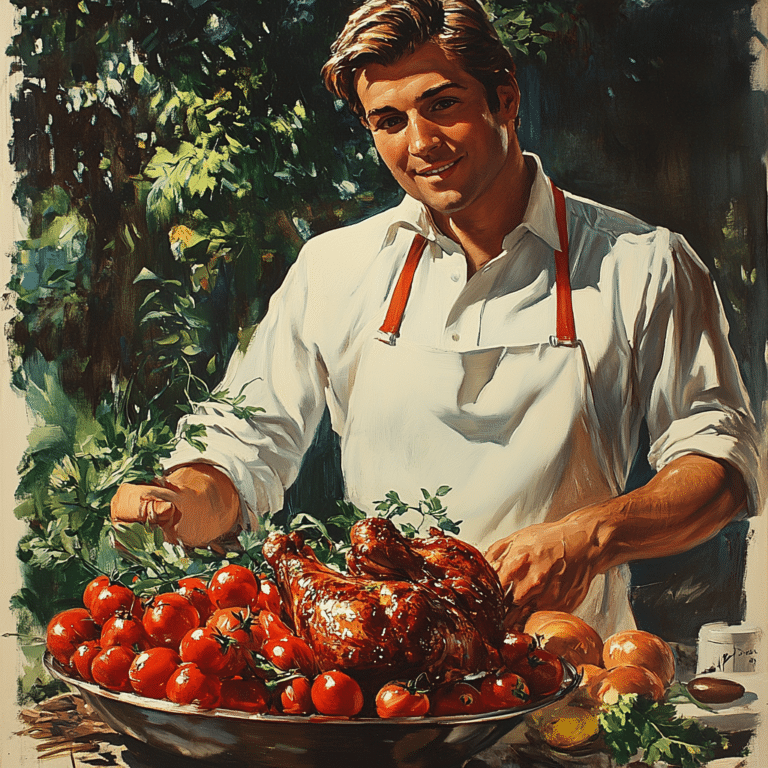The Evolution of Friday Deebo in Pop Culture
Friday Deebo, embodied by the formidable Tiny ‘Zeus’ Lister Jr., has morphed from a 1995 comedy film character into a cultural phenomenon. Deebo isn’t just another baddie; he’s the epitome of the bully archetype in urban cinema. His character has left an indelible mark by representing both raw intimidation and a specific socio-cultural snapshot that continues to resonate.
Lister’s towering presence brought a unique blend of humor and menace to Deebo. Audiences first met him in “Friday,” where his sheer physicality and imposing demeanor set the stage. Deebo’s influence extended through to the sequel “Next Friday” (2000), solidifying his place in film lore. This deep dive aims to explore the layers of his character, the underlying social commentary, and why Deebo still matters today.
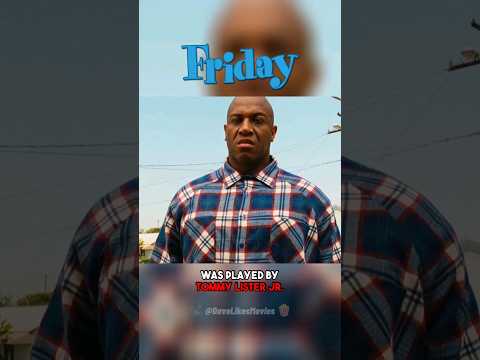
Top 7 Iconic Moments: Understanding Friday Deebo’s Legacy
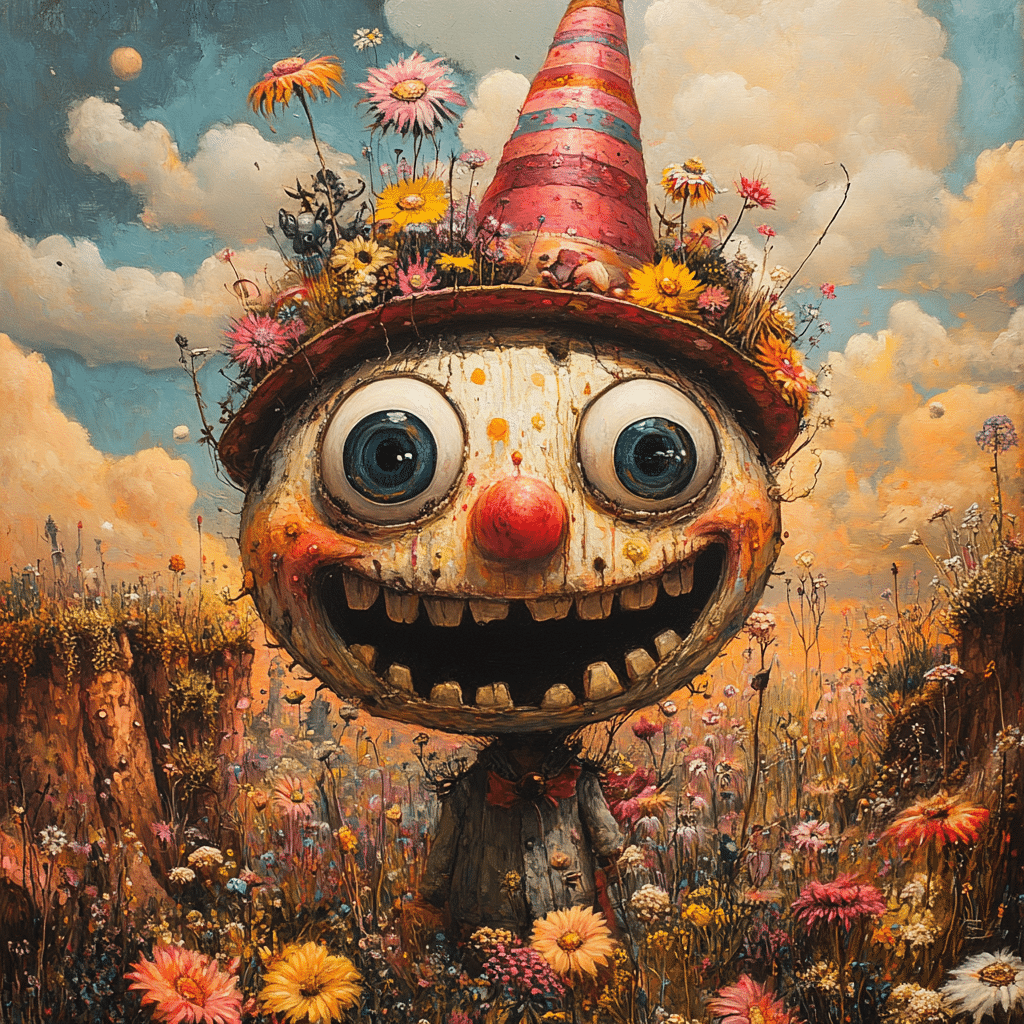
1. Smokey’s Robbery Scene
One of the defining scenes in “Friday” features Deebo confronting Smokey, played by Chris Tucker, and robbing him mercilessly. This moment encapsulates Deebo’s intimidating persona and serves as a stark portrayal of street-level bullying.
2. Confronting Craig
The climax, where Deebo faces off against Craig (Ice Cube), is more than a fight. This iconic showdown symbolizes the classic struggle against oppression and adversity. Craig’s victory is a cathartic release and represents a triumph of justice, much like David taking on Goliath.
3. Stealing Red’s Chain and Bike
Synonymous with Deebo’s tyranny is the scene where he robs Red of his chain and bike. This act of sheer domination strips Red of both his possessions and dignity, mirroring broader themes of oppression and loss in urban narratives.
4. The “Sleep” Scene
In a memorable instance of vulnerability, Deebo is shown asleep, which gives Craig and Smokey an opportunity to retrieve stolen money. This scene blends humor with a psychological exploration of facing one’s fears and the ethical choices involved.
5. Deebo in “Next Friday”
“Next Friday” sees Deebo escape from prison, showcasing a transformation from a neighborhood thug to a relentless villain. Deebo’s quest for vengeance introduces new layers to his character, highlighting his unyielding drive for power and control. The “Next Friday” transformation adds depth to his menacing persona.
6. The Iconic Bicycle
Deebo cruising on his tiny bicycle is an image that juxtaposes absurdity with intimidation. This contradiction adds a unique dimension to his character, creating a balance between fear and laughter.
7. Deebo’s Downfall
Deebo’s eventual defeat serves as more than a physical end. It’s a symbolic collapse of bullying and tyranny, reinforcing the film’s deeper narrative about the pursuit of justice and fairness.
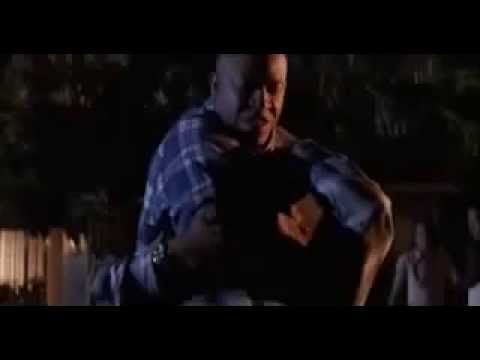
| Attribute | Description |
| Full Name | Deebo |
| Portrayed By | Tommy “Tiny” Lister |
| Film Appearance | “Friday” (1995), “Next Friday” (2000) |
| Character Traits | Intimidating, Bully, Physically Strong, Menacing |
| Role in Film | Antagonist – Local Bully who terrorizes the neighborhood |
| Iconic Moments | Taking the bike from Red, Confrontation in Craig’s yard |
| Relationships | Sister – Felisha |
| Notable Quotes | “That’s my bike, Punk!” |
| Character Arc | Symbol of local terror who eventually gets confronted by the protagonist, Craig |
| Cultural Impact | Deebo has become a cultural reference for a bullying, overbearing individual |
| Merchandise | Action Figures, T-Shirts, Memes |
| Actor’s Career | Tommy “Tiny” Lister also appeared in various wrestling events, and other films like “The Fifth Element” and “The Dark Knight” |
The Cultural Impact of Friday Deebo
Friday Deebo and the Bully Archetype
Deebo transcends his individual character, representing the ubiquitous bully archetype. This broad relatability makes him a lasting figure in urban stories, as viewers from diverse backgrounds see reflections of their struggles in his actions.
Influence on Future Film and Media
Deebo’s character has laid the groundwork for similar roles in successive films and media. Terry Crews’ character in “Friday After Next” and parodies in “Boondocks” and “Family Guy” draw heavily from Deebo’s template. These portrayals combine elements of humor and dread, a hallmark of the original Deebo’s influence.
Community Conversations
Deebo has sparked real-world conversations about the impact of bullying and community dynamics. His role serves as a reminder of the complexity of social interactions and the importance of collective action against oppressors. Such discussions reinforce community values of mutual respect and resistance.
Impact on Merchandise and Pop Culture
Deebo’s influence extends beyond the screen into merchandise, music, and memes. From clothing lined with his quotes to frequent mentions in rap as a symbol of street power, Deebo’s cultural footprint is extensive. This widespread recognition secures his status as an icon in pop culture.
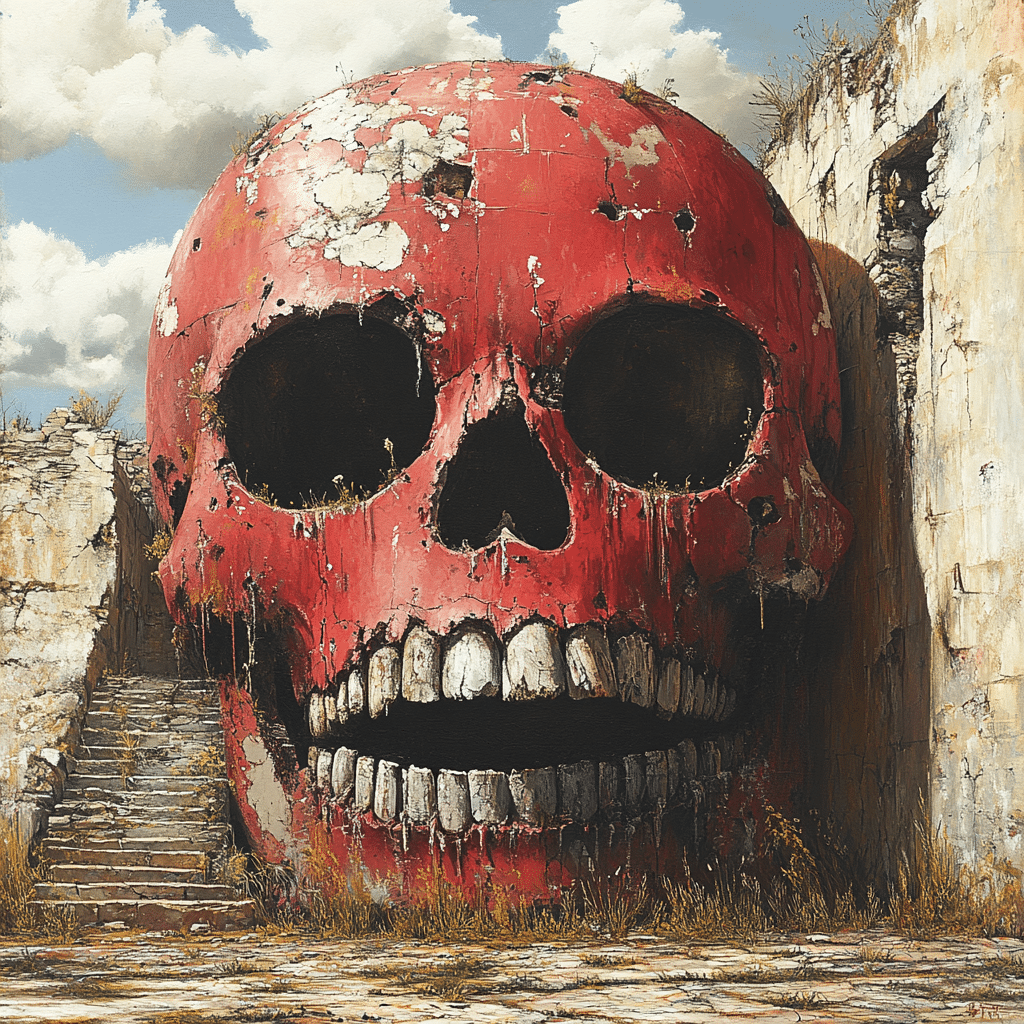
The Timelessness of Friday Deebo
The character of Friday Deebo has retained its relevance over the decades, attesting to Tiny ‘Zeus’ Lister Jr.’s remarkable portrayal. Deebo’s blend of humor and menace, his symbolic representation of societal issues, and his enduring impact on popular culture highlight his timeless appeal. Whether discussed in modern media or through similar character adaptations, Deebo’s legacy continues to thrive.
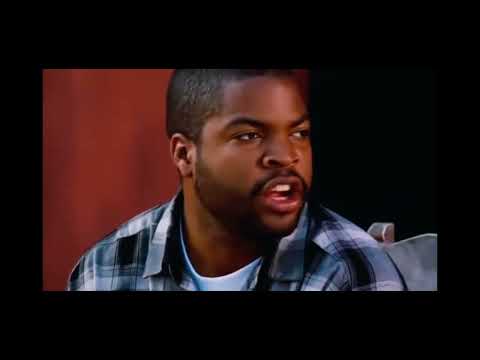
Deebo remains a testament to complex character creation in urban narratives. Revisiting his story isn’t just nostalgic; it fosters reflection on broader social themes prevalent even today.
Friday Deebo: Iconic Villain of Classic Films
Interwoven Careers and Memorable Roles
Deebo, played by the imposing Tommy Tiny lister, wasn’t just a bully to Craig in “Friday, but a memorable figure across various films. Did you know that Lister also acted alongside the Ghosts Of Mississippi cast? That’s right! His versatility didn’t stop at just one intimidating role. In ‘Ghosts of Mississippi, he showcased a more multifaceted character, adding depth to his filmography.
Interestingly, Lister wasn’t only flexing his acting chops on screen; he had significant dealings off the scene too. Navigating through Hollywood could be as tricky as handling a loan origination fee, often requiring strategic cost management. Nevertheless, Lister made sure to keep his balance intact, much like understanding What fair credit means in everyday finances.
Sporting Connections and Crossover Stars
Beyond his film roles, Lister had a penchant for sports, similar to the young soccer prodigy, Freddy Adu. Both icons, although from different worlds, held a spotlight in their respective fields. While Adu dazzled on the soccer field, Lister’s imposing presence dominated the screen. And speaking of fame, did you know that Lister shared the screen with some top-notch talent from the Generation Kill cast? His flexibility as an actor shone through in various genres, breaking any typecast misconceptions.
Sadly, the entertainment world was dealt a heavy blow a few years ago, drawing a parallel to the stark loss felt with Frank Zappa ’ s death. Each of these talents left an indelible mark, solidifying their legacies in a myriad of ways.
Behind the Character: Untold Facts
Moreover, Deebo’s character was a touchstone for depicting the harsh realities some face. His on-screen activities – akin to understanding How long Does heroin last – showcased the darker facets of society. This unfiltered portrayal brought significant issues to light, urging viewers to think deeply about their communities.
Although he played the villain, Friday Deebo’s character was vital for stirring conversation. While the debate continues on the kind of roles Lister personified, it’s clear his contributions were impactful. Whether by diversifying his acting portfolio or by drawing audiences into hard-hitting narratives, his legacy remains one that many find both intriguing and inspiring.


